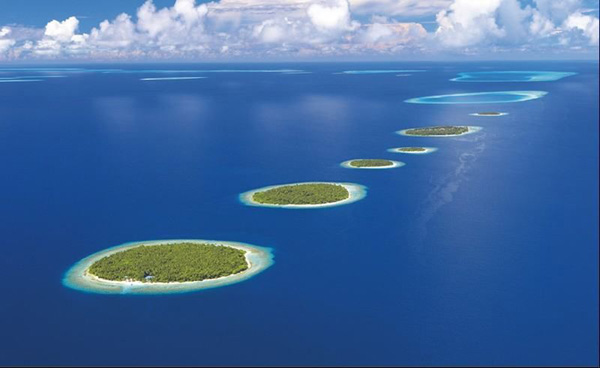Poor water quality affects Great Barrier Reef
Poor water quality is affecting almost a quarter of the Great Barrier Reef in Australia, a new study revealed on Wednesday.
 |
|
The Great Barrier Reef [File photo] |
The 10-year study carried out by the Australian Institute of Marine Science found 22 percent of the Great Barrier Reef - almost 650 reefs - did not meet water quality guidelines.
The study found reefs with poorer water quality suffered a loss in coral biodiversity and an increase in seaweed cover.
"Seaweed is not bad, it's a naturally occurring part of a coral reef," AIMS coral reef ecologist Dr Katharina Fabricius told Australian Associated Press.
"However, once it occurs in too great abundance it occupies space that is then not available for coral to recolonise after disturbances such as bleaching events of crown-of-thorns starfish outbreaks."
The study also identified the water quality threshold, a measure of nutrients in water, which determine whether a reef will be healthy or unhealthy.
Fabricius said the thresholds had already been used by the Great Barrier Reef Marine Park Authority to determine water quality guidelines.
The guidelines are utilized in discussions with governments and farmers along the north eastern coast of Australia about restricting the run off of nutrients from their properties.
 0
0 






